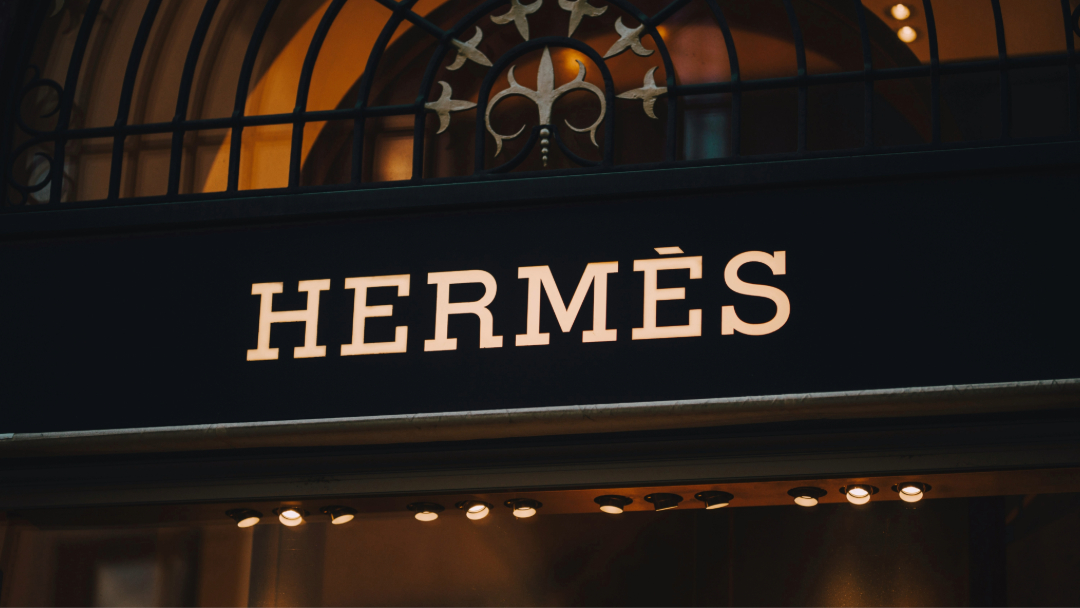
The results of the second edition of the World Luxury Index™ Hotels has been unveiled by Digital Luxury Group in Athens, at the INYT Luxury Hospitality Summit
Shangri La Hotel, Hong Kong
The results of the second edition of the World Luxury Index™ Hotels has been unveiled by Digital Luxury Group in Athens, at the INYT Luxury Hospitality Summit
At Luxury Hospitality 2014, organized by the International New York Times (INYT), Digital Luxury Group (DLG) in partnership with the Chair of Luxury Hospitality of Ecole Hôtelière de Lausanne (EHL), Prof. Samad Laaroussi, unveils the results of the World Luxury Index™ Hotels 2014.
The report, features an in-depth analysis of leading luxury hotel brands based on unbiased information on consumer interest derived from over 485 million online searches on 70 brands in 20 markets.

Global Interest is Up
Global consumer interest in luxury hotels has increased by 7.7% over the past twelve months. All three hotels categories have benefitted from increased interest, but the biggest rise was within the Luxury Exclusive category, with almost 10% growth year-on-year (+9.6%). Four Seasons leads the Luxury Exclusive Category while Langham is the fastest growing brand with +26% consumer interest year-on-year.
“ Online Interest in luxury hotels increased in China by 39% ”
Interest Surges in China
Chinese consumers are becoming significantly more interested in luxury hotels. Chinese interest has increased by 9% over the past twelve months, approaching the same level of interest as that of the United Kingdom (+10%), which is the second largest region in terms of luxury hotel searches.
Chinese consumer interest still represents less than 10% of global interest but has increased by an impressive 39%, confirming the strong market potential.
Regained interest for the luxury hospitality industry is driven by the U.S. market, which represents over half of worldwide consumer interest (58%) and where interest grew by 7% over the past twelve months. Consumer interest from the United Kingdom remains stable, while interest in luxury hotels from Germany drops by 9.4%.
“ Numerous western hotel brands are opening in second, third and fourth-tier cities ”
“Such a significant increase in interest for luxury hotels from China can be attributed to a few things," explains David Sadigh, Founder & CEO of Digital Luxury Group.
“Firstly, numerous western hotel brands are opening in second, third and fourth-tier cities, building brand awareness in parts of China where wealth is increasing and overall luxury hotel awareness may be low. This could mean that – after experiencing a particular brand in their home country – Chinese tourists are now seeking out this brand when they travel abroad.
“We are also seeing the new generation of Chinese tourists move away from the ‘tour group’ mentality of their parents, electing to travel amongst friends or partners, and arrange their hotels and transport independently.”
“Armed with English language skills many of their parents did not possess, and of course, Internet connectivity, these travelers are more confident to create their own itineraries in cities such as New York, Paris and London.”

Hilton’s Waldorf Astoria, Bali
Hilton Is The Most-Searched For Group
American luxury hotel groups Hilton, Starwood and Hyatt claimed the most consumer interest on a global scale.
Though Shangri-La Hotels group has demonstrated the biggest increase in consumer interest (+20%). Shangri-La is currently the most sought-after luxury hotel brand in Mainland China and Singapore, the second in Taiwan, and the fourth in France and Hong Kong.
In China, Shangri-La is the most sought after brand and it also outperformed second and third preferred brands Sheraton and Intercontinental in terms of interest growth (+35% for Shangri-La, +29% for Sheraton and +43% for Intercontinental).
The majority of searches for Shangri La Hotels originate in China (49%), the United States (12%) and United Kingdom (9%). But online interest is growing fastest in Brazil (38%), China (35%) and Taiwan (+29%). The most searched-for destinations associated with Shangri-La Hotels are Singapore, Paris, Shanghai, Bangkok and Dubai.
“ Nearly 50% of searches for Shangri La Hotels originate in China ”
Rome, Barcelona & Istanbul Rule the Med
The most attractive destinations in the Mediterranean region are Rome, Barcelona and Istanbul. Athens only represents 2% of the total interest for Mediterranean destinations but it is the fastest growing city (+29%).
However, while consumer interest for Rome and Barcelona continues to grow (+12% and +21% respectively), it declined for Istanbul declined by 9%. “This decline in consumer interest is likely the result of heightened political unrest in Turkey between 2013 and 2014,” theorises David Sadigh.
In terms of Mediterranean destinations, interest is growing the most significantly for Athens (+29%), where the brand that gets the most consumer interest is Hilton, followed by Sofitel and Intercontinental. ”Interest for Greece continues to rise," confirms David.
“According to the Association of Greek Tourism Enterprises 17.9 million tourists visited Greece in 2013, most likely lured by attractive travel promotions post-crisis. The Greek Islands remain a hugely popular tourist destination and Athens is generally the gateway. We expect travel to Greece to continue growing in the next 2 years.”

Online Searches Correlate to Bookings
A strong statistical correlation between online search volume measured by DLG and the number of rooms sold provided by Smith Travel Research (STR Global), has been revealed in an analysis made by the Chair of Luxury Hospitality at the Ecole Hôtelière de Lausanne.
There is a strong statistical correlation (r=74%) between the evolution of the number of rooms sold (as reported by STR) and the evolution of online search volume measured by DLG’s DemandTracker™ technology.
This correlation presents itself in different ways when investigating primary leisure destinations versus business destinations. For example, Beirut, Istanbul and Rome are destinations where room sales follow very shortly the time of search.
“ For Beirut, Istanbul & Rome, room sales follow very shortly the time of search ”
Conversely, for Barcelona and Tel-Aviv the time lag between the time of search and the time of purchase is about one month. Therefore, we believe an analysis of online search can be used by hoteliers to forecast future demand and improve their RevPar.
“Thanks to STR and DLG proprietary data, the search interest proved to be a good predictor of rooms sold and RevPAR. There are many potential implications for marketing and revenue management” notes Prof. Samad Laaroussi, Holder of the Chair of Luxury Hospitality of Ecole Hôtelière de Lausanne.
“Combining consumer interest data as measured by DLG with hotel performance data open-up tremendous opportunities: the results can help hoteliers to understand consumer behavior per destination, identify source of raising demand, develop specific marketing campaign per markets and improve RevPar by appropriately anticipating demand.”
An excerpt of the report is available for download at dlgr.com/wlihotels2014. Detailed brand and market analysis and executives workshop are available upon request.
Data Period: July 2013 – June 2014, Comparison Period : July 2012 – June 2013
The World Luxury Index is an on-going international ranking and analysis of the most searched-for brands within the luxury industry, covering over 400+ brands within six key segments.
The unbiased information is derived from 680 million consumer online searches originating from leading search engines Baidu and Google. Please see previous editions below:
– Which Brands & Destinations Are Chinese Travellers Searching For?
– Chanel Overtakes Louis Vuitton in Chinese Share of Search
– Luxury Auto Brands Lead Share of Online Search in Brazil










